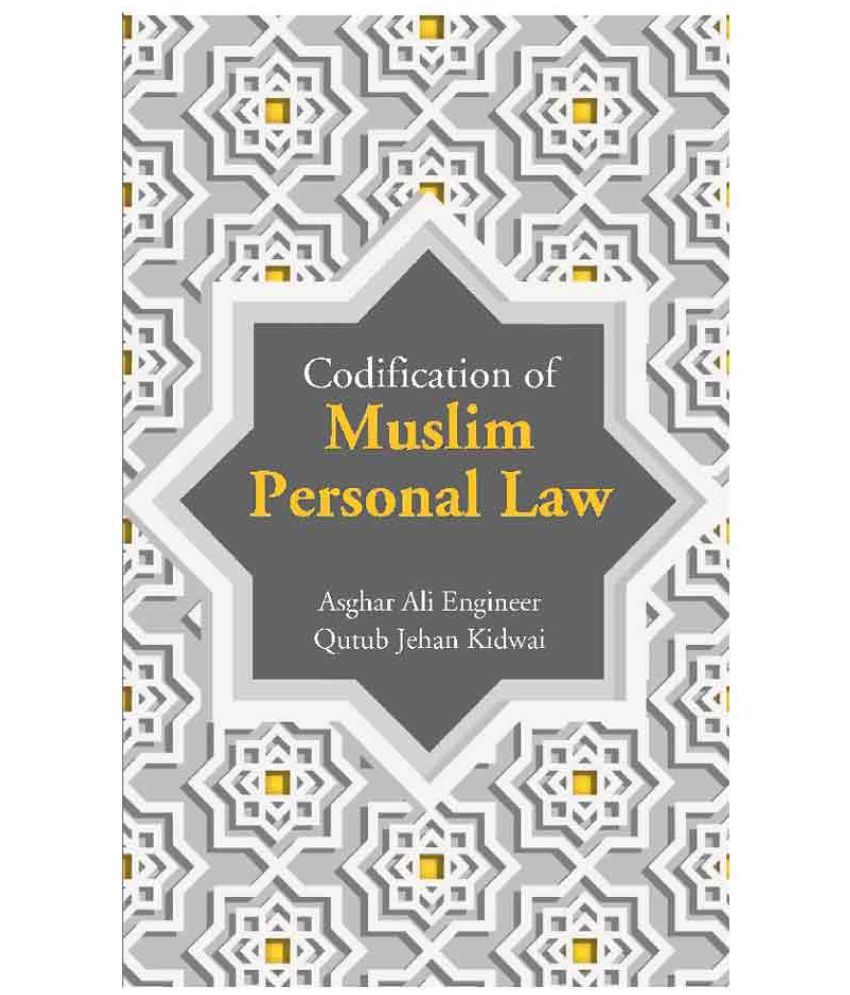Something went wrong. Please refresh the page and try again.
Something went wrong. Please refresh the page and try again.
Notifications can be turned off anytime from settings.
Item(s) Added To cart
Qty.
Something went wrong. Please refresh the page and try again.
Something went wrong. Please refresh the page and try again.
Exchange offer not applicable. New product price is lower than exchange product price
Please check the updated No Cost EMI details on the payment page
Exchange offer is not applicable with this product
Exchange Offer cannot be clubbed with Bajaj Finserv for this product
Product price & seller has been updated as per Bajaj Finserv EMI option
Please apply exchange offer again
Your item has been added to Shortlist.
View AllYour Item has been added to Shopping List
View All

No Cost EMI of Zero Emi Vendor applied on the product
You selected EMI of for monthsChangeGenerally delivered in 6 - 10 days
Item is available at . Change
You will be notified when this product will be in stock
| ||||||||||||||
ABOUT THE AUTHOR:- Asghar Ali Engineer is internationally known Islamic theologian and scholar-cum-activist for peace and gender justice. He has been acclaimed both for his scholarship as well as activism and has been awarded several awards nationally and internationally including Right Livelihood Award which is also known as alternate Noble Prize. He worked tirelessly for inter-religious peace and gender justice. He has authored more than 70 books both written and edited. He has received honorary doctorates from three Universities. He has travelled throughout the world for lectures in different universities.Qutub Jehan Kidwai was an Associate Research Director of the research project “Codification of Muslim Personal Law”.
About the Author
ABOUT THE BOOK: -This book is a result of research project supported by the ICSSR about codification of family law for the Muslim community within Quranic framework. Extensive survey was carried out discussions were held with learned religious leaders of different Islamic schools of jurisprudence. The proposed family code takes into account sensibilities of all Islamic schools of jurisprudence and the Quranic principles of gender justice after studying family laws for Muslims in various countries.
Contents : -
Preface . 7 Introduction . 9 1. Evolution of Shariah Law . 29 • Definition of Fiqh • Origins and Development of Usul Al Fiqh • The First Stage: Foundation (609-632 AD) • II. The Second Stage: Establishment • Legal Apparatus of the Righteous Caliphs • The Absence of Factionalism • Characteristics of Fiqh during this Period • The Third Stage: Building • Division of Ummah • Deviation of the Umayyad Caliphs • Dispersion of Ulema • Fabrication of Hadiths • Characteristics of Fiqh in the Umayyad period • Reason for Differences • Compilation of Fiqh • The Fourth Stage: Flowering • The Development of Fiqh • Period of the Great Imams • Period of the Minor Scholars • B. Court Debate • The Sources of Islamic Law • THE MADH-HABS: SCHOOLS OF ISLAMIC LEGAL THOUGHT • The Hanafi Madh-habs: Founder Imam Abu Hanifa (703-767 AD) • THE AWZAA’EE MADH-HABS: FOUNDER IMAM AL-AWZAA’EE (708-774 AD) • THE MALIKI MADH-HAB: FOUNDER IMAM MALIK (717-801 AD) • Main Students of the Mailik Madh-habs • Abu ‘Abdur-Rahmaan ibn al-Qasim (745-813 AD) • Abu Abdillaah ibn Wahab (742-819 AD) • THE ZAYDI MADH-HAB: FOUNDER IMAM ZAYD (700-740 AD) • Formation of the Zaydi Madh-habs • Source of Law used by the Zaydi Madhhabs • The Laythee Madh-habs: The Founder: Imam al-Layth (716-791 AD) • Reasons for the Madh-habs Disappearence • The Thawree Madh-habs: The Founder: Imam ath-Thawree (719-777 AD) • Reasons for the Madh-habs Disappearance • The Shafi’ii Madh-habs: The Founder: Imam Ash-Shafi’ii (769-820 AD) • Formation of Shafi’ii Madh-habs • The Hambali Madh-habs: The Founder: Imam Ahmad (778-855 AD) • The Dhaahiri Madhhab: The Founder: Imam Dawood (815-883 AD) • The Jariri Madhhab: The Founder: Imam at- Tabari (839-923 AD) • THE FIFTH STAGE: CONSOLIDATION • Four School of Thoughts or Madhhabs • THE SIXTH STAGE: STAGNATION AND DECLINE • Emergence of Taqlid • Reason for Taqlid • The Imams and Taqlid • Imam Abu Hanifa and Taqlid • Imam Malik and Taqlid • Imam Ash-Shafi’ii and Taqlid • Imam Ahmad ibn Hambal and Taqlid • Period of Reformers • Difference among the Ummah • Differences among the Sahaabah (Companions of Prophet PBUH) • References. 2. Analysis of the Interviews . 123 3. Islamic Family Laws in Other Countries . 157 • Legal Profiles: Organisation • Democratic and Popular Republic of Algeria • State of Bahrain • Peoples Republic of Bangladesh • Brunei (Negara Brunei Darussalam) • Legal History • Arab Republic of Egypt • Federal Democratic Republic of Ethiopia • Republic of the Gambia • Republic of Ghana • Republic of India • Republic of Indonesia • Islamic Republic of Iran • Law/Case Reporting System • State of Israel • Legal History • Hashemite Kingdom of Jordan • Republic of Kenya • State of Kuwait • Lebanon (Lebanese Republic) • Libya (Socialist People’s Libyan Arab Jamahiriya) • Malaysia • Republic of Maldives • Morocco, Kingdom of (and Western Sahara) • Federal Republic of Nigeria • Sultanate of Oman • Islamic Republic of Pakistan • Palestine/Palestinian Territories of West Bank and Gaza Strip • Republic of the Philippines • State of Qatar • Kingdom of Saudi Arabia • Republic of Senegal • Republic of Singapore • Republic of Singapore • Somalia • Democratic Socialist Republic of Sri Lanka • Republic of the Sudan • Syria (Syrian Arab Republic) • United Republic of Tanzania • Republic of Tunisia • Notable Features • Background and Sources • United Arab Emirates • Republic of Yemen. 4. Conclusion . 339 Muslim Family Law (Draft) . 355 Index . 369
The images represent actual product though color of the image and product may slightly differ.
Codification of Muslim Personal Law
Rs. 479
Register now to get updates on promotions and
coupons. Or Download App